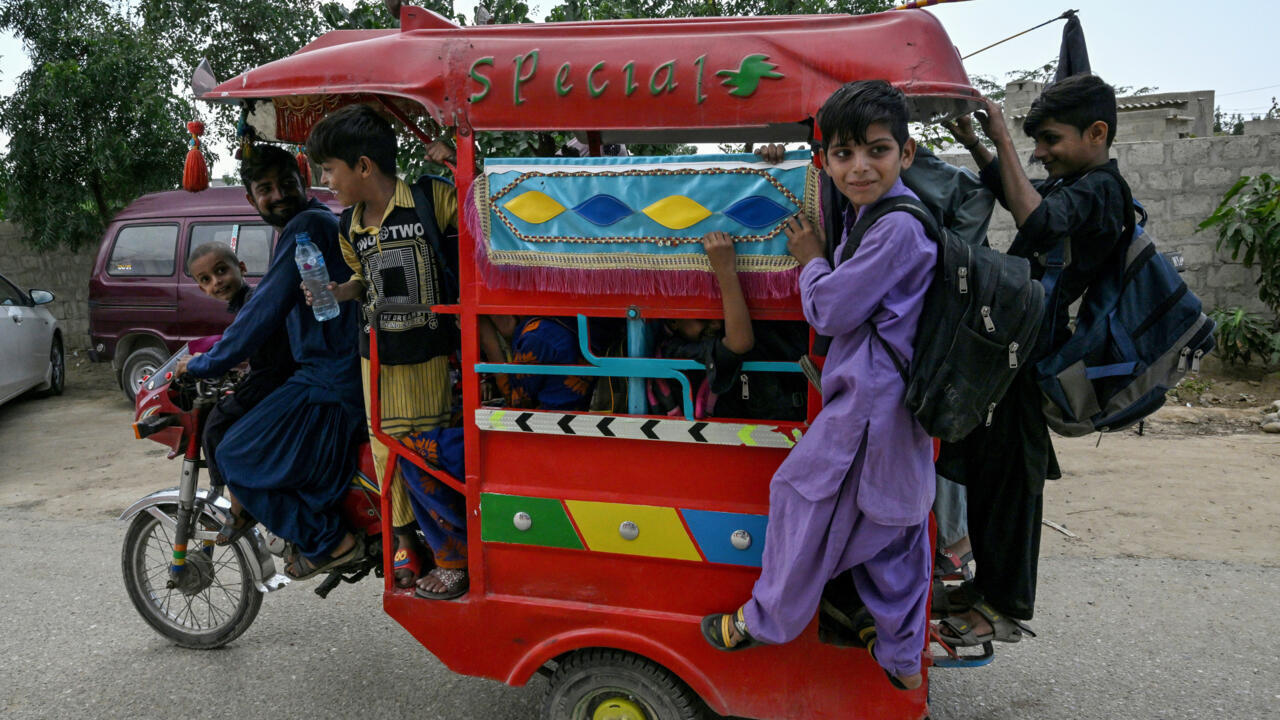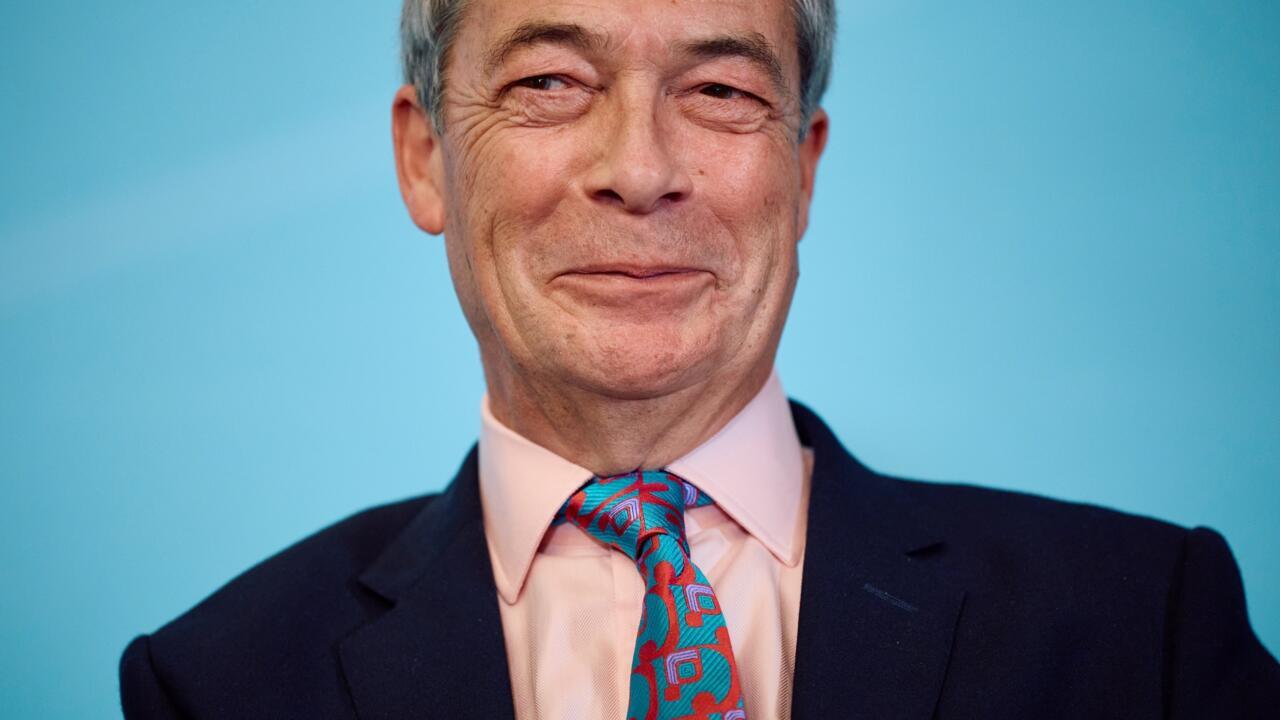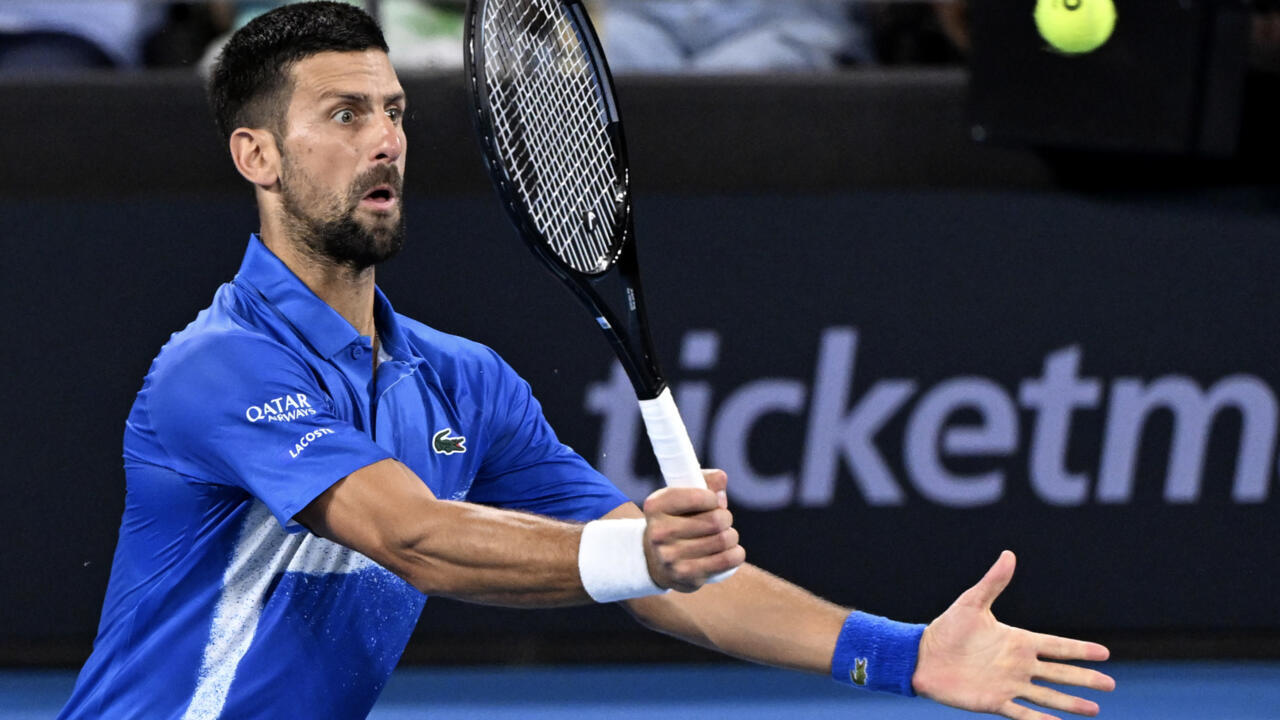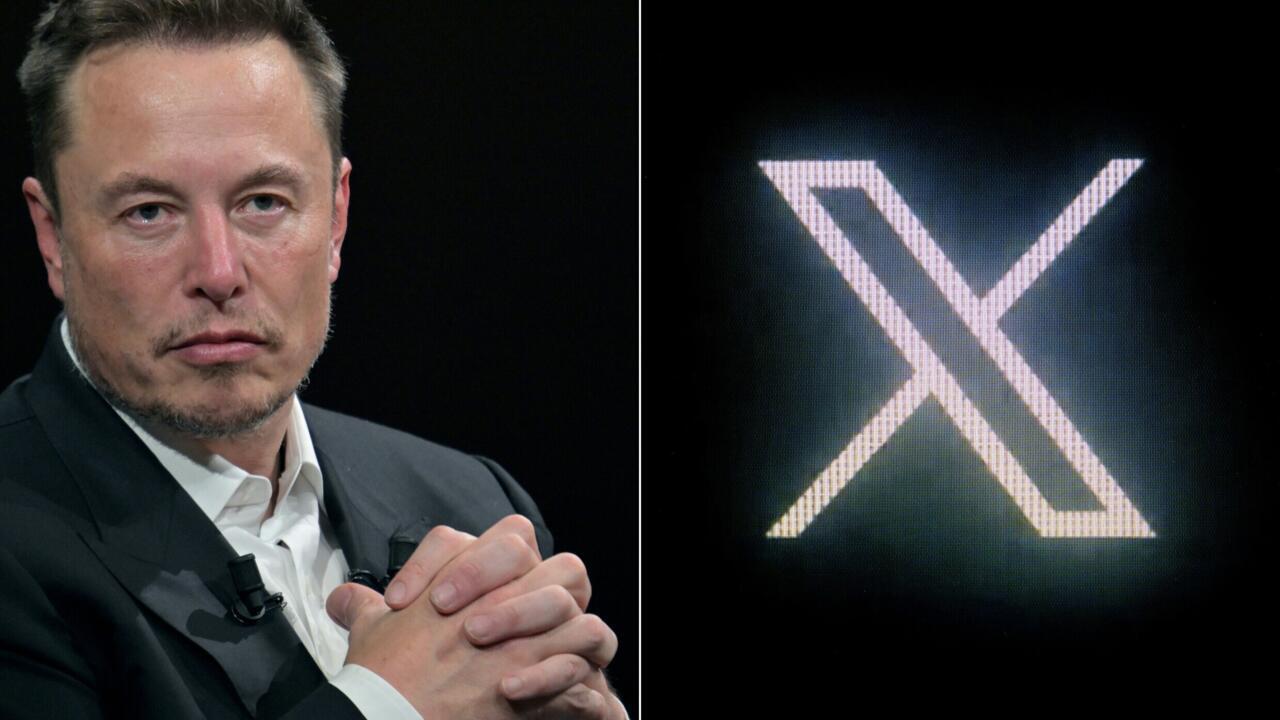Public schools funded by the government offer free education but struggle with limited resources and overcrowding, creating a huge market for private schools whose costs can start from a few dollars a month.
In a parallel system, thousands of madrassas provide Islamic education to children from the poorest families, as well as free meals and housing, but often fail to prepare students for the modern world.
“In a way, we are experiencing an education apartheid,” said Adil Najam, an international relations professor at Boston University who has researched Pakistan’s education system.
“We have at least 10 different systems, and you can buy whatever quality of education you want, from absolutely abysmal to absolutely world-class.
“The private non-profit schools can prime the pump by putting (out) a good idea, but we are a country of a quarter billion, so these schools can’t change the system.”
Even young student Aneesa, who has set her mind on becoming a doctor after health professionals visited her school, recognises the divide with city kids.
“They don’t work in field labour like we do.”






